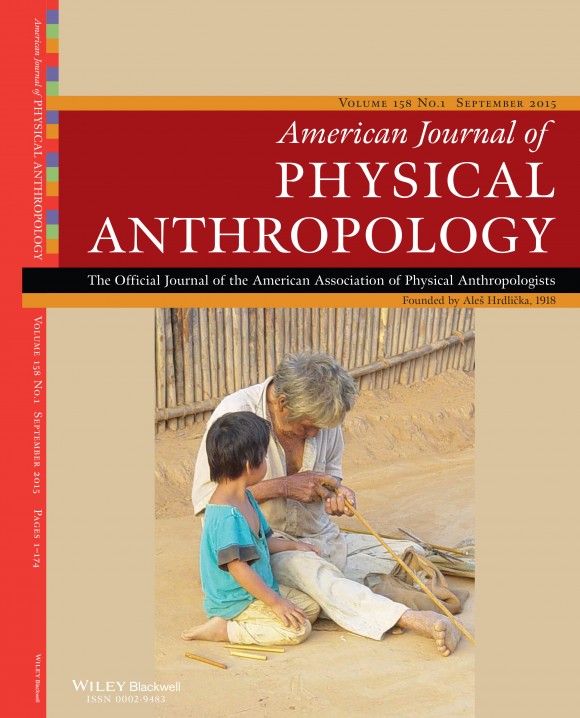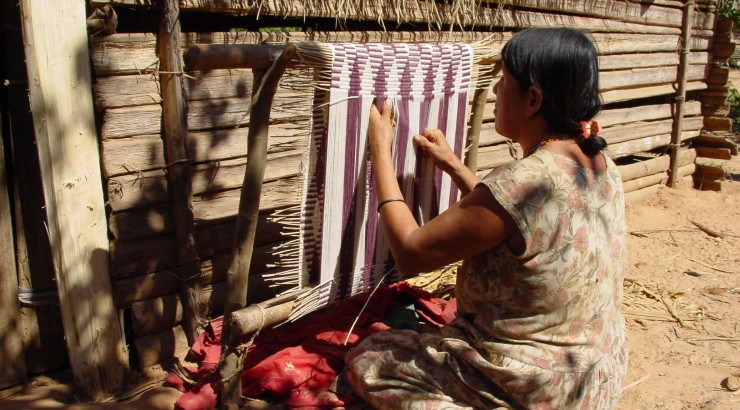ESI’s research on aging and skill development
September 14, 2015

Economic Science Institute’s
research on aging and skill development appears as the lead article in the latest issue of
American Journal of Physical Anthropolog
y.
Eric Schniter, Ph.D.
, clinical assistant professor, at Chapman University’s
Economic Science Institute
in the
Argyros School of Business and Economics
, is the lead author on the study, called “Skill Ontogeny Among Tsimane Forager-Horticulturalists.” Other co-authors on the paper are
Nathaniel Wilcox, Ph.D.
, and
Hillard Kaplan, Ph.D.
, both of Chapman Universitys’ Economic Science Institute; as well as Michael Gurven, Ph.D., of the University of Santa Barbara, and Paul Hooper, Ph.D., of Emory University.
“Scientists have long wondered why our lifespans include an extended post-reproductive phase; the lifespans of our fellow primates, mammals and other species on the planet generally terminate once their reproductive business is over,” said Schniter. “While most skill development studies have focused on subsistence skills like hunting, we wanted to examine the wider range of complementary skills that develops among aging humans.”
This study takes a look at the broad range of skills and services found in forager economies to discover that in Tsimane society, older adults are regarded as experts in many skills. Despite any physical frailty, older adults excel in skills requiring a high level of knowledge such as music and storytelling. “It shows that many important cultural skills, and not just food production like previously argued, take a long time to learn; and that not all abilities peak in middle adulthood as previously thought,” Schniter says. “In (Tsimane) society people have an appreciation for that and they defer those roles to older adults.”
Read
Chapman University’s press release
or
the article online.
For more information on the Economic Science Institute,
please visit our website
.
Photography by Eric Schniter, Ph.D.
